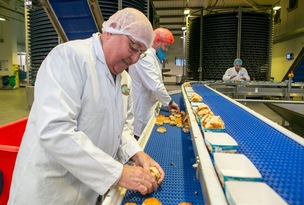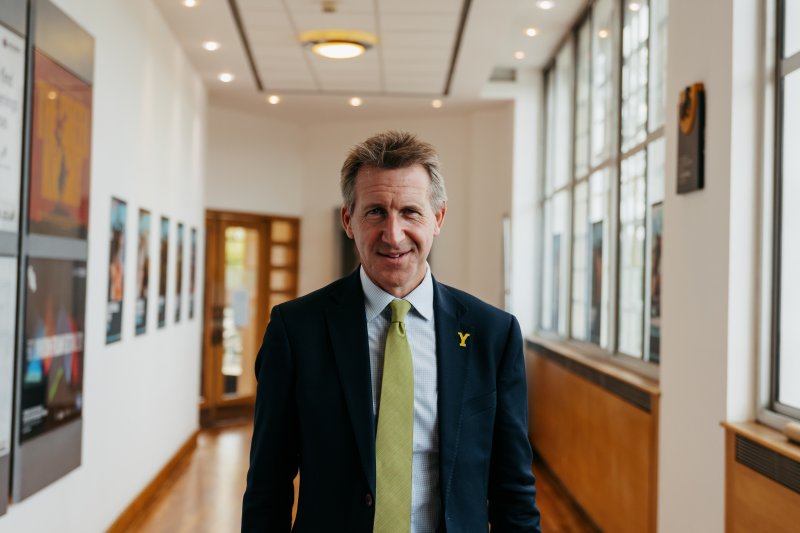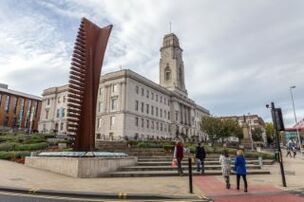A COUNCIL budget has had to be adjusted because the cost of meeting pay deals over the next two years will be around double that originally anticipated.
Part of the rise has been put down to Barnsley Council’s policy of working to ensure that not only its own staff get paid the living wage but that those working for sub-contractors also get enough cash.
In combination with nationally agreed wage rises, it means the cost over two years will be around £6m, broadly double what the council’s financial experts had been anticipating last year.
The council is anticipating pay awards of two per cent for staff this year and next year, though lower paid staff will see bigger increases, with some benefiting by as much as nine per cent over the two year period.
That means the cost to the council overall will amount to a 5.6 per cent increase in its pay bill.
The cost of meeting the living wage of £8.75 an hour, which is higher than the minimum wage at £7.50 per hour for over 25s, will add £1.7m to the council’s bill because it wants to ensure staff working for external contractors also benefit from the arrangement.
In addition, the council is facing other wage costs, including having to spend an additional £2.9m in the next 12 months to ensure it has the staff in place to deal with demographic changes, or the way the borough’s population is made up.
Another 14 children’s social workers are also being employed, to ensure those staff are not overwhelmed by their caseloads, something the council regards as important following the problems experienced in Rotherham.
While the council cannot enforce contractors to pay the living wage across the board, it is doing so as far as possible through the contracts it has with outside providers.
Many of those affected are in the social care industry.





























